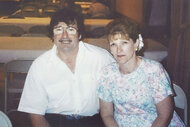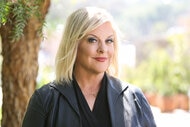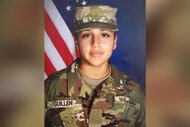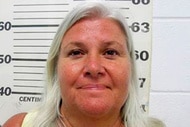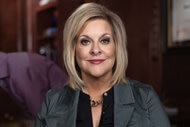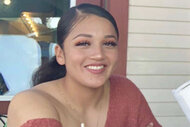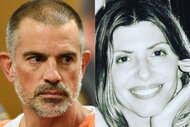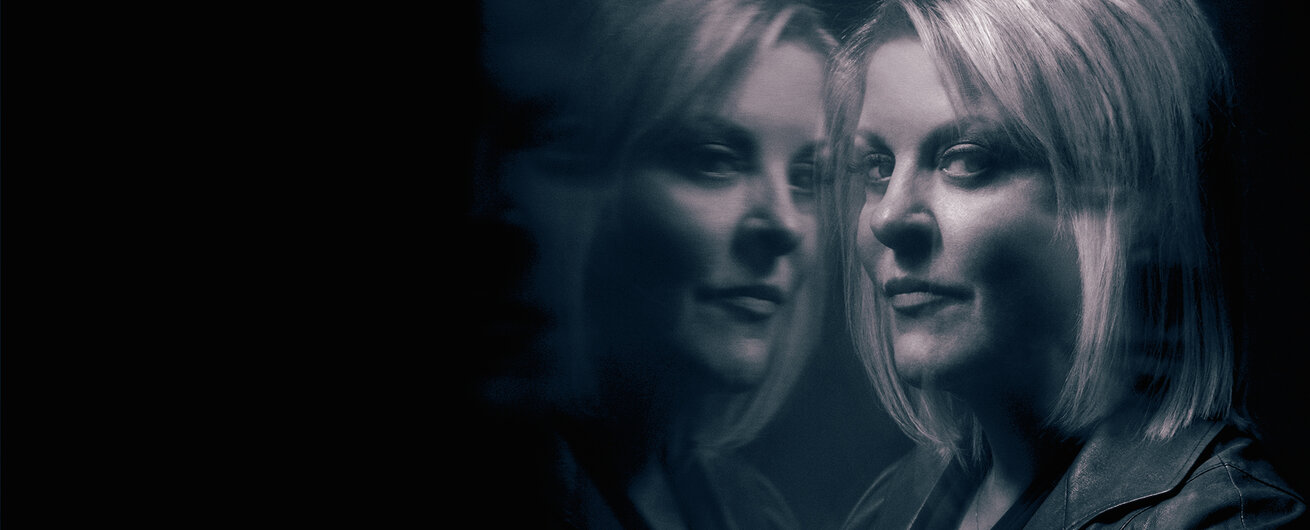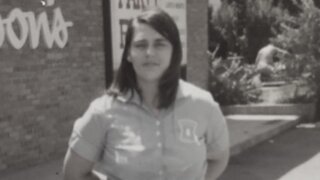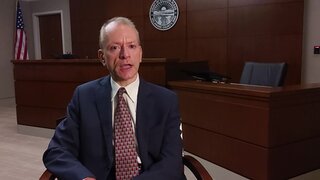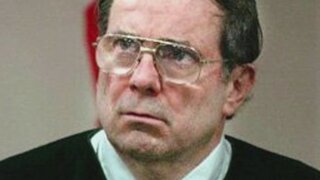How Did Nancy Get Her Start As A Prosecutor, Then As A Broadcaster?
“I am a woman, and I am from the South. If they have sour grapes ... they can just chew on them.”

From grieving girlfriend to successful attorney to television personality, Nancy Grace climbed her way to becoming one of TV’s most recognizable legal analysts and victims' rights advocates. While attending college, Grace’s fiancé was suddenly murdered, and her dream of teaching literature flipped on its head. Two years later, she pursued a law degree and became a special prosecutor in Atlanta, Georgia — a pursuit that wasn’t so simple for a woman in the 1980s.
Grace shares in her book “Objection” that, throughout her career as a prosecutor, there were many times where she felt as though she wasn’t being taken seriously. According to Grace, she received gendered nicknames like “little lady,” “lady lawyer” and “young lady” during her trials, coming from defense lawyers and even judges.
This sort of treatment is no surprise, however: In the 1980s, less than 20% of American lawyers were women.
“We [women] were usually going after deadbeat dads, writing appeals, or acting as assistants to trial lawyers,” Grace wrote in her book. “Practically everybody involved in the actual trial of cases was a man — except the jury and, in many cases, the victim.”
Grace continued to work at the Fulton County District Attorney’s Office for more than 10 years, eventually handling major felony cases that typically involved rape and murder. While successful, her skills as a lawyer were both respected and criticized. Jack Martin, a veteran criminal lawyer who defended Weldon Wayne Carr against Grace in 1993, acknowledged Grace’s ability to gather facts and evidence, but took issue with her expressive nature.
“She’s this incredibly flamboyant lawyer in the courtroom who is constantly posturing and playing to the jury, acting like she’s this little lost lamb,” Martin said in a CNN interview with Art Harris.
Grace was quick to reject any accusations of using traditional femininity to persuade a court. “I don’t play on anything. I am a woman, and I am from the South. If they have sour grapes ... they can just chew on them.”
Although Grace describes herself as a quiet child growing up in the South, she was bold and opinionated in court, which brought her to national attention when Court TV Founder Steven Brill offered her a spot next to Johnnie Cochran in 1996.
“I left on a Friday. I packed up two bags of clothes and a curling iron, moved to New York and started Court TV on Monday,” Grace told Larry King in their 2005 interview. After Cochran left the show, Grace moved to trial coverage for “Trial Heat.” She joined CNN’s sibling network HLN in 2005, anchoring her own TV program “Nancy Grace.”
Grace’s prominence in television peaked in July 2011, the New York Times reported, when an average of 4.57 million viewers tuned in as Grace read the verdict for Casey Anthony, the woman accused (and ultimately acquitted) of murdering her 2-year-old daughter. Since her start on TV in the 90s, Grace has also made cameos on a variety of TV programs, including ABC’s “Dancing With the Stars,” “Law & Order: SVU,” “The Wire” and “Raising Hope.” Her latest TV project, “Injustice With Nancy Grace,” premieres Sat., July 13 on Oxygen.



